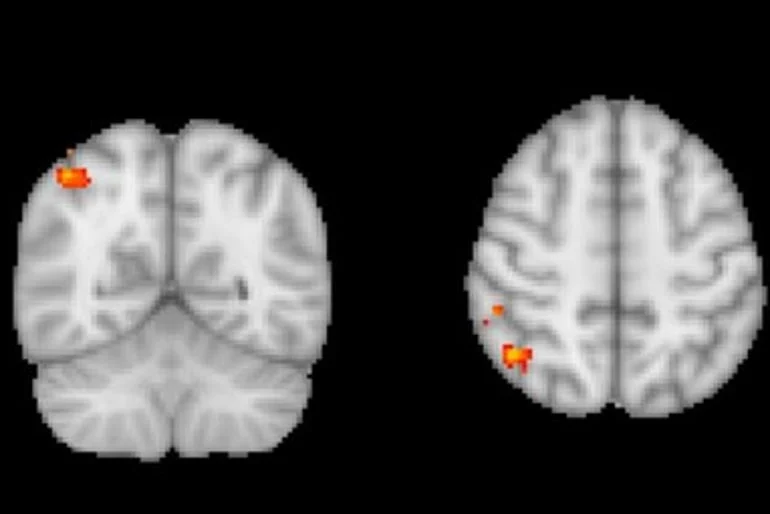Severe psychiatric disorders can have a devastating impact on a patient’s life. Cognitive impairments – ranging from decreased attention and working memory to disrupted social cognition and language – are widespread in psychiatric disorders such as major depression, schizophrenia, and bipolar disorder. These common cognitive difficulties are often overlooked and poorly treated with ineffective medications, contributing to a large proportion of the reduced quality of life experienced by these population groups. As such, there has been a recent focus on investigating solutions to improve and restore these functions.
Promisingly, one such study found has that Prucalopride, a medication commonly prescribed to treat constipation, may play a role in improving memory and cognition. Investigators noticed that participants, when provided the drug for 6 days, performed significantly better in memory tests than their placebo counterparts, and demonstrated increased brain activity on an fMRI scan within areas associated with cognition and memory, the right angular gyrus and hippocampus, respectively.
Although it is still early days and further research is required to confirm these findings, it offers a favourable alternative to the current medications available and a hopeful outlook for those living with psychiatric disorders and cognitive impairments.













































